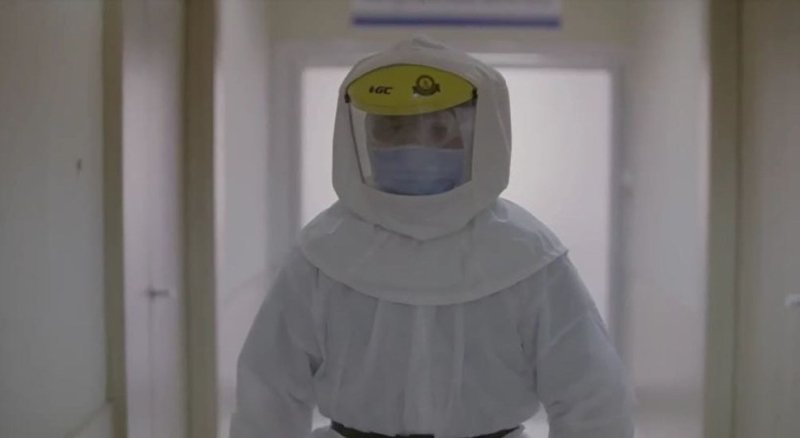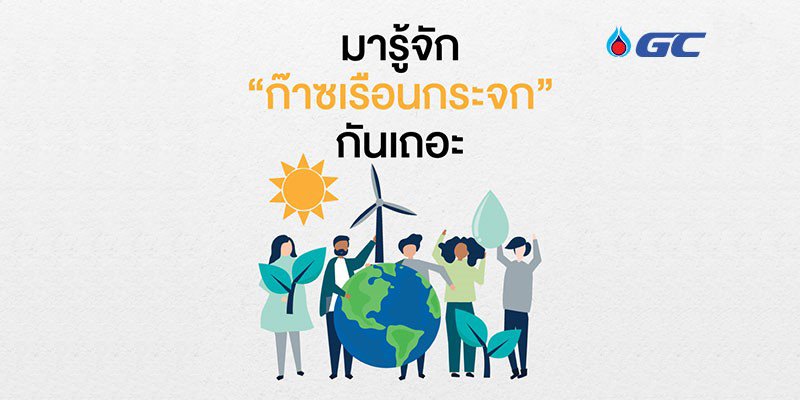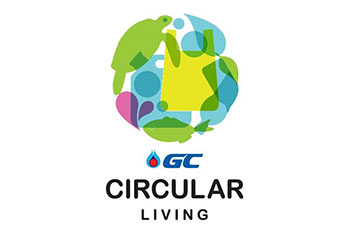Feature Stories
GC Wants Every Day to be World Oceans Day
Do you know where marine debris comes from?
Research shows that most marine debris comes from land-based sources with poor waste management. As a result, a large amount of waste gets into rivers and canals, eventually ending up in the sea. Tourist activities without efficient waste disposal also account for a huge amount of plastic waste.
PTT Global Chemical Public Company Limited, or GC, a leading petrochemical company and an innovator committed to creating better living, has long recognized this concern. The company wants to play a pivotal role in identifying a “solution for the seas around Thailand.” This has led to many collaborations with partners to address the problem of marine plastic waste through several projects, including:
The “Upcycling the Oceans, Thailand” (UTO) project, established in 2018 as a partnership between GC, the Tourism Authority of Thailand (TAT), and Spain’s Ecoalf Foundation. The UTO project aims to mitigate the amount of plastic waste found in the seas around Thailand while rehabilitating the country’s marine habitat, with a focus on Koh Samet, an island in the Baan Phe sub-district of Rayong province. A large amount of plastic waste has been collected and transformed into a fashionable collection of items including clothes, bags, and backpacks through the innovative upcycling process, which adds value to marine plastic waste.
The “OUR Khung BangKachao” project supports conservation and the development of green areas with an emphasis on upgrading the well-being of the BangKachao community in Samut Prakarn province. A partnership with GC and over 34 leading organizations in Thailand, the project promotes the conservation and rehabilitation of natural resources and the environment. It helps communities improve waste management both on land and in the sea through effective integrated waste management practices from downstream to upstream.
One of the activities in this project is “Paddling for the Chao Phraya River,” to collect waste found along the river from Pak Nam Pho to the Gulf of Thailand. Thammasat University and the Ministry of Natural Resources and Environment are GC’s two partners in this activity, which aims to build awareness and promote a change in behavior to deal with poor waste disposal practices that negatively impact Thailand’s rivers and canals.
Both projects reflect GC’s commitment to applying the principles of the Circular Economy for effective waste management and ensuring maximum resource efficiency. Through Circular Living, people can adopt these principles into their daily lives, an important solution to help reduce the amount of marine plastic waste. In the end, everyone can play a positive role in saving our marine habitats by making every day “World Oceans Day.”
#วันมหาสมุทรโลก
#WorldOceansDay
#UpcyclingTheOceansThailand
#OURKhungBangKachao
#CircularEconomy
#GCCircularLiving
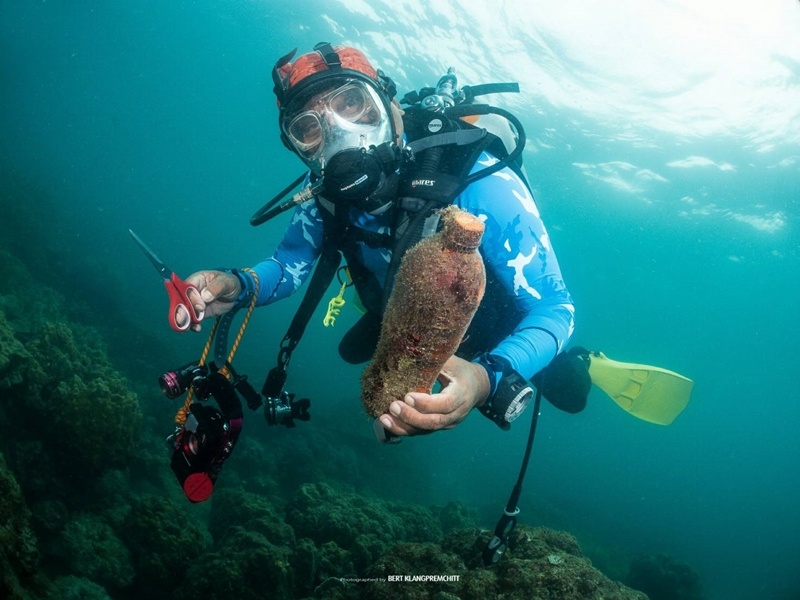
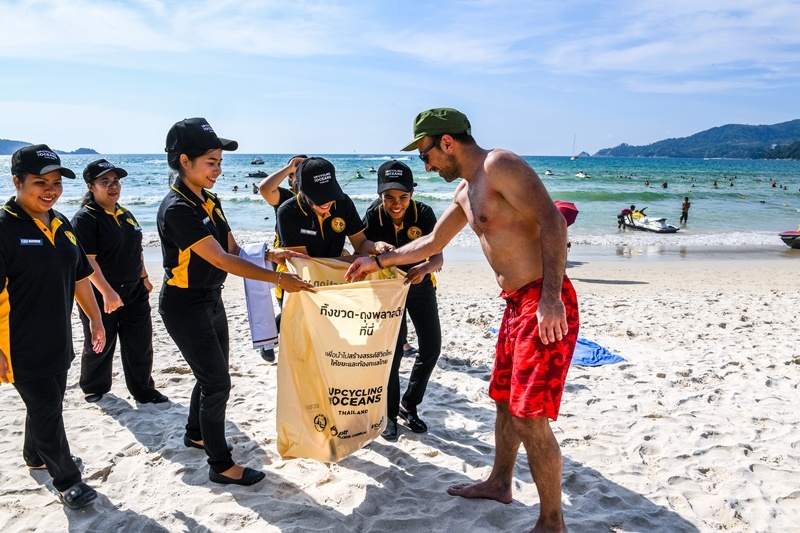
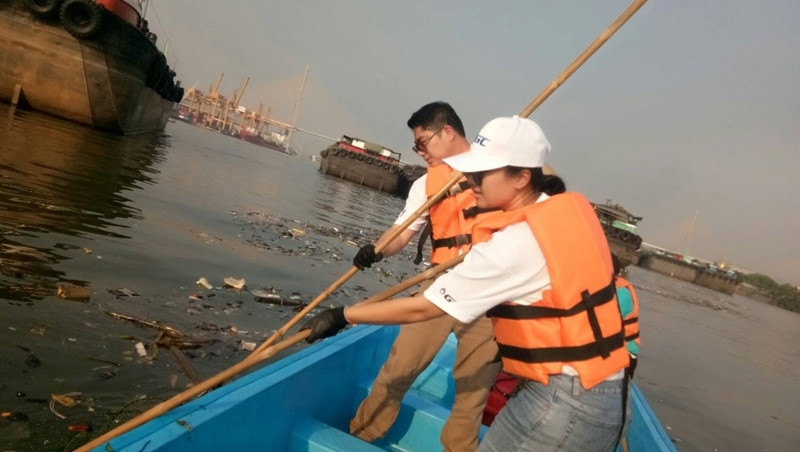
Feature Stories
